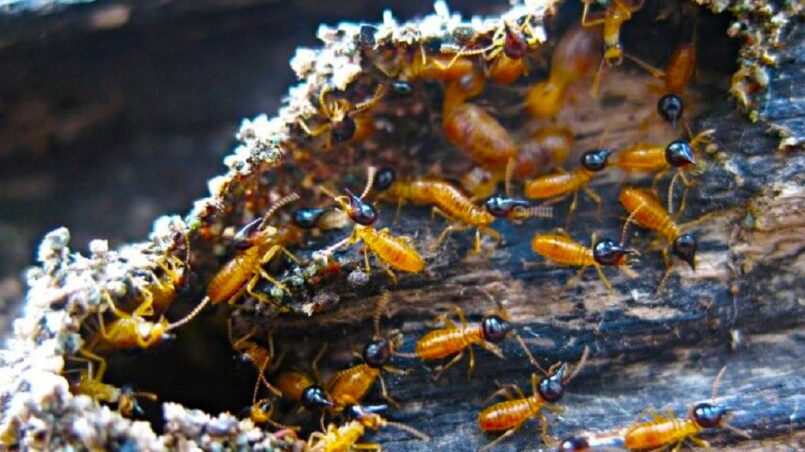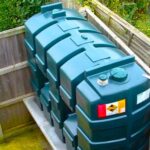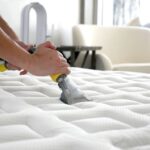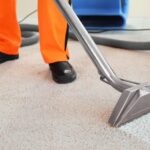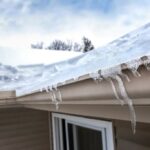Those silent destroyers and termites can wreak havoc on homes, causing significant structural damage before their presence is noticed. Protecting your home from these insidious pests requires proactive measures, and enlisting the help of termite exterminator services is paramount in safeguarding your property.
Pest Control
Termites cause $5 billion in damage yearly, more than fire or floods. Sadly, most homeowner’s insurance policies don’t cover these damages. That’s why preventive measures are so important.
The best way to protect your home from pests is to hire a trusted exterminator Key West professional. Look for companies that offer state identification cards for their technicians. Ask for a quote based on a thorough inspection of your home. Look for areas where wood may appear “bubbled” or cracked and for mud tubes on your exterior walls. Watch for flying swarmers, too, which often signal an active infestation.
After a thorough assessment, they will implement an effective pest control solution tailored to your unique needs. The pest control process includes an ongoing cycle of services designed to keep common invaders at bay.
Termite Prevention
Termites cause more structural damage to homes than fires and floods, and most homeowner’s insurance policies don’t cover termite repair costs. If you see signs of termite activity, such as swollen or buckling wood and small, wood-colored pellets in your home’s dust, it’s time to call a professional.
You can reduce your chances of a termite infestation by eliminating wood-to-ground contact and keeping soil and mulch away from your home’s foundation. Store firewood and lumber away from your structure, and remove any tree stumps. Keep your home dry by directing A/C drainage away from the foundation, and replace any mulch around the house with a cellulose-free material. Preconstruction treatments that include barrier treatments and termite bait stations help prevent termites before they enter your home. If an infestation is found, treatment options range from spot treatments to fumigation. Tent fumigation, which involves a large tent enveloping your home with lethal fumigants to eradicate the entire colony of termites, is costly but comprehensive and provides long-lasting protection.
Termite Treatment
Termites eat wood incessantly and damage the interior of homes. Moisture is essential to the pests, so reducing moisture in and around your home helps ward off termites. Also, removing plants and firewood piles near the house and keeping wood away from ground level are key prevention measures.
If you already have a termite infestation, early detection will minimize the damage and cost of treatment. Watch out for mud tubes, hollow-sounding wood, and areas with termite damage. Drywall is especially attractive to these pests due to its cellulose content, so noticing drywall damage is a common indicator of termite activity.
Several types of termite treatment exist, but the most effective is fumigation. This intensive treatment involves tenting your home, filling it with sulfuryl fluoride gas (Vikane), and wiping out the entire infestation in one treatment. Other termite treatment methods include soil injection, which involves injecting the ground with a termiticide that repels these insects.
Termite Inspection
A lender usually requires a termite inspection before you can purchase a home. If termites have damaged a property, it can decrease its value and affect your mortgage application.
A qualified pest control professional will thoroughly inspect the interior and exterior of a structure. They’ll check for areas conducive to termite activity, such as moisture problems, wood-to-ground contact, and cracks in drywall. The inspector will also check baseboards, tiling and wood trim for slightly raised paint or wallpaper points indicating termite activity.
The exact termite treatment plan will depend on the severity of an infestation, but it is recommended to start with baiting stations or traps to target a colony. These contain termite-killing chemicals that are a safe alternative to fumigation, requiring inhabitants to leave the property for three days. They may also use liquid barriers, which consist of a trench filled with a chemical such as fipronil that prevents termites from reaching the structure.

